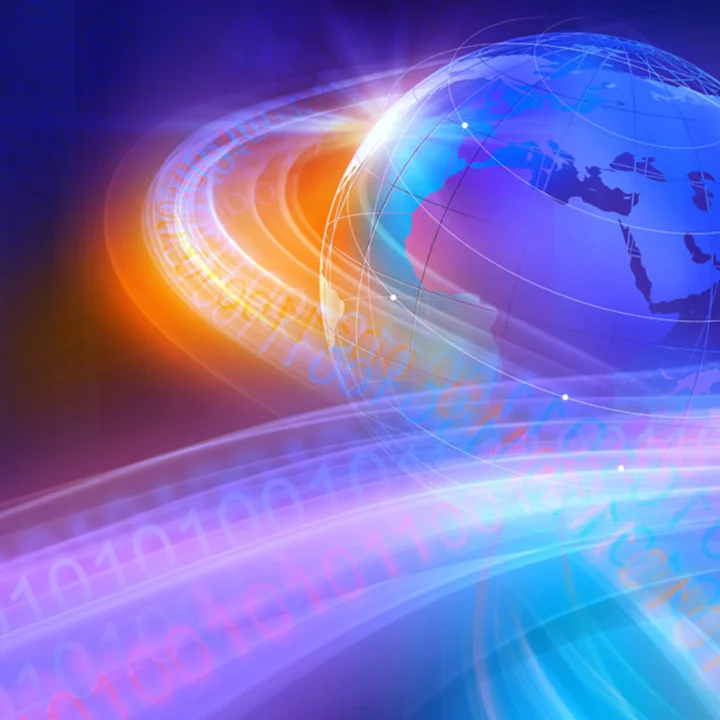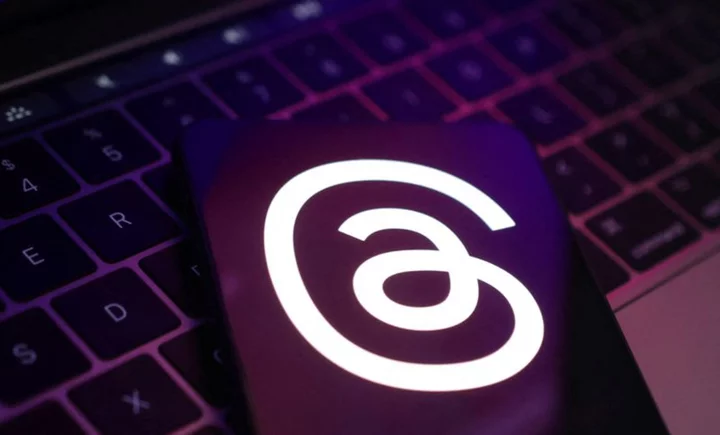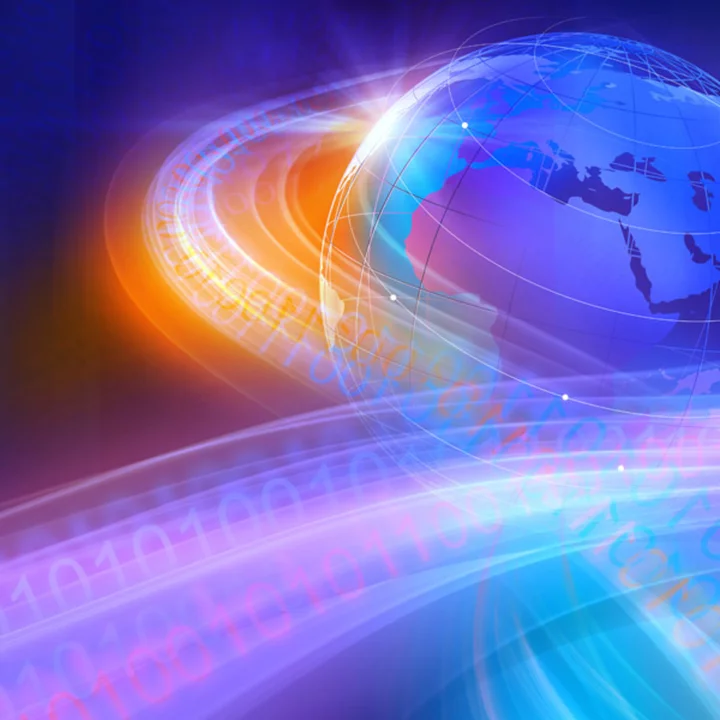
'Wanted to up her OnlyFans': Fans call Lexi Goldberg 'Disney villain' for pressuring Rae Cheung into doing 'The Ultimatum: Queer Love'
'The Ultimatum: Queer Love' star Rae Cheung reveals she didn't want to do Netflix show in first place
2023-06-01 14:16

'Planet Earth III' sharks vs. seals clip has an unexpected twist ending
It may not be quite as dramatic as Planet Earth II's famous iguana/snake chase of
2023-10-23 16:21

Ukraine says Russian missiles hit apartment, kill eight, survivors describe fiery blasts
By Vladyslav Smilianets POKROVSK, Ukraine (Reuters) -Russian missiles struck the centre of Ukraine's Pokrovsk twice on Monday night killing eight
2023-08-08 09:53

Kyiv weathers 'unprecedented' wave of Russian missiles
Ukraine said Thursday it had downed nearly an entire barrage of Russian missiles overnight, the latest in an "unprecedented" wave of aerial...
2023-05-18 17:26

Is Stacy Synder dating 'MAFS' star Ryan Ignasiak? Rumors fly as 'Love is Blind' Season 5 fans notice flirty comments
'Love is Blind' Season 5 stars Stacy Synder and Izzy Zapata kissed each other after the show
2023-10-16 14:29

Leaner DeChambeau still brings to power to lead at PGA
Bryson DeChambeau, once a bulked-up ball basher who prized distance over all else, has slimmed down, found more energy and taken the PGA Championship lead...
2023-05-19 08:30

Meta to launch web version of Threads App early next week - WSJ
Meta Platforms plans to launch a web version of its microblogging app Threads early next week, the Wall
2023-08-21 08:15

England celebrates the Webb Ellis myth
There is no actual evidence that William Webb Ellis "picked up the ball and ran" during a game of football at Rugby School but that has not prevented a...
2023-08-11 10:25

Joe Rogan's attempt to pierce Elon Musk's Tesla cybertruck with 80-pound arrow ends in failure, Internet says 'Boys & their toys!'
Joe Rogan tests Elon Musk's Cybertruck that involves a friendly wager involving an 80-pound arrow
2023-11-01 20:46

Nagelsmann named coach of Euro 2024 hosts Germany
Germany on Friday named Julian Nagelsmann as their head coach to replace the sacked Hansi Flick, just nine months before hosting the European Championship, the...
2023-09-22 17:59

Oklahoma's high court will consider a reparations case from 1921 Tulsa Race Massacre survivors
The Oklahoma Supreme Court will consider a reparations case from survivors of the 1921 Tulsa Race Massacre after a lower court judge dismissed it last month
2023-08-16 23:48

What happened to Joe Rogan? Why does podcaster have 'big scar' on the back of his head 'like a smile'?
Joe Rogan revealed how he got the big scar on the back of his head, which looks like a smile
2023-06-08 17:57
You Might Like...

Adani Group in Talks to Raise $1.8 Billion From India Bond Sales

From Robin to Canine Crusader: Burt Ward's journey from 'Batman' fame to rescuing 15,500 dogs

Google explores AI tools for journalists, in talks with publishers -spokesperson

The Race to Ditch Russian Uranium Starts in New Mexico’s Desert

Prince Harry can take some of claim against Murdoch UK titles to trial

Team USA routs Italy, 100-63, to reach FIBA Basketball World Cup semifinals

Shakira opens up about co-parenting her two sons with ex Gerard Piqué: ‘It’s constant juggling’

Thousands evacuated as Spanish island wildfire out of control
